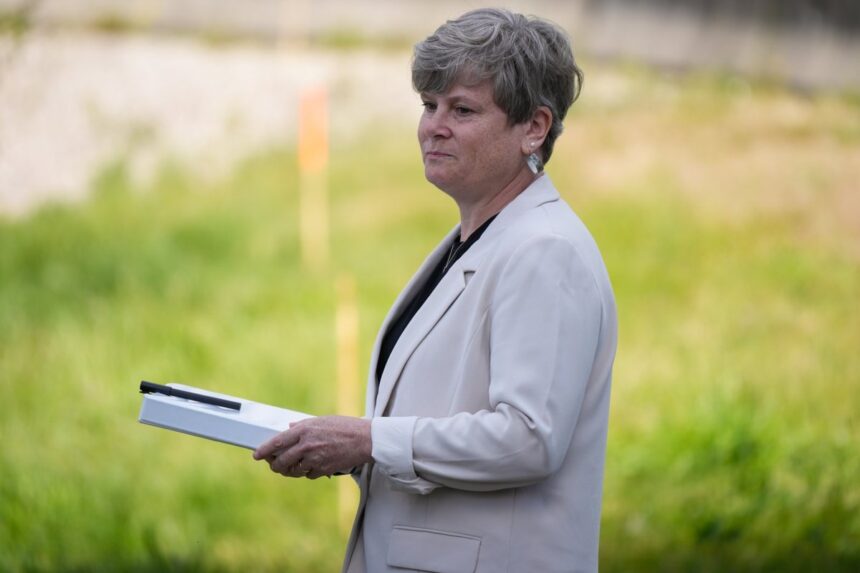In a dramatic reversal that highlights the human impact of healthcare policy decisions, the British Columbia Ministry of Health has reinstated critical drug funding for a young girl suffering from an extremely rare genetic disorder. The decision comes after weeks of intense public scrutiny and advocacy from medical professionals and the child’s family.
Six-year-old Sadie McKinnon was initially denied coverage for a life-sustaining medication that costs approximately $2.1 million annually—a sum far beyond what most families could afford independently. The drug, one of the few treatments available for her ultra-rare condition, had shown promising results in stabilizing her health since she began receiving it through a temporary compassionate access program.
“This case exemplifies the agonizing decisions that occur at the intersection of finite healthcare resources and the needs of patients with rare diseases,” said Dr. Eleanor Ramsey, a pediatric specialist who has advocated for improved rare disease coverage across Canada. “When we’re talking about a child’s life, the calculations become not just financial but deeply ethical.”
The Ministry’s reversal appears to have been influenced by mounting pressure from medical experts who submitted additional evidence supporting the treatment’s efficacy. Health Minister Adrian Dix confirmed the decision yesterday, noting that the province’s rare disease framework is being reviewed to address similar cases more effectively in the future.
“The provincial government’s handling of this case reveals the significant gaps in our healthcare system when it comes to rare diseases,” remarked health policy analyst James Thompson. “While we celebrate this individual victory, it draws attention to the hundreds of families facing similar battles without the benefit of public attention.”
The McKinnon family expressed profound relief at the decision but emphasized the emotional toll the uncertainty had taken. “No parent should have to fight this hard for their child’s survival,” said Lisa McKinnon, Sadie’s mother. “The weeks of not knowing whether we could continue the treatment that was clearly helping our daughter were absolutely devastating.”
Medical ethicists note that such cases reflect broader challenges in healthcare policy. The increasing development of highly effective but extraordinarily expensive treatments for rare conditions is forcing difficult conversations about resource allocation, fairness, and the value placed on individual lives within public health systems.
Patient advocacy groups have called for a comprehensive national strategy for rare diseases, arguing that the current patchwork of provincial policies creates inequities in access to life-saving treatments depending on where patients live. The federal government committed $1.5 billion toward a rare disease strategy in its 2019 budget, but implementation has been slower than many families had hoped.
For now, Sadie will continue receiving her treatment, giving her family the chance to focus on her development rather than navigating bureaucratic appeals. Her case, however, leaves a lingering question for Canadian society: How do we create a healthcare system that balances fiscal responsibility with our moral obligation to care for the most vulnerable among us, regardless of how rare their conditions might be?

























